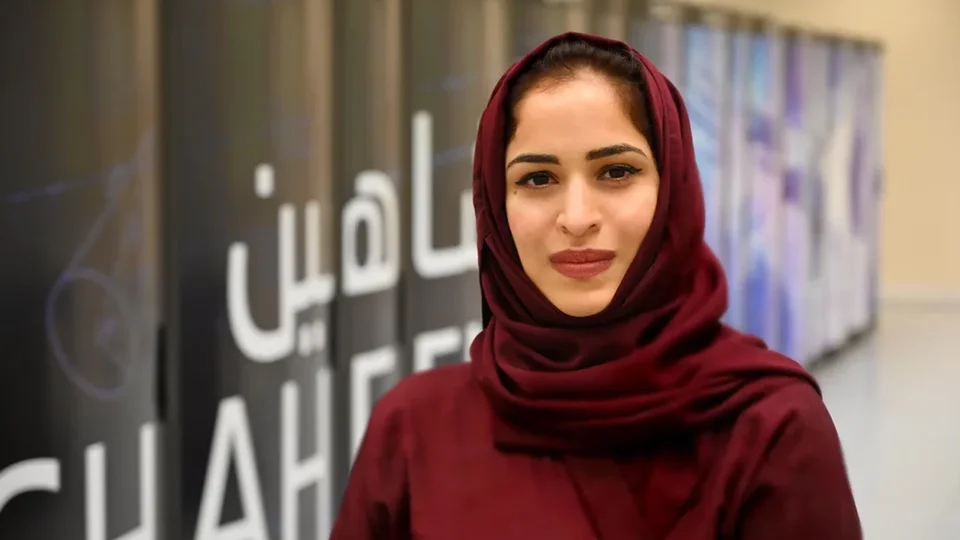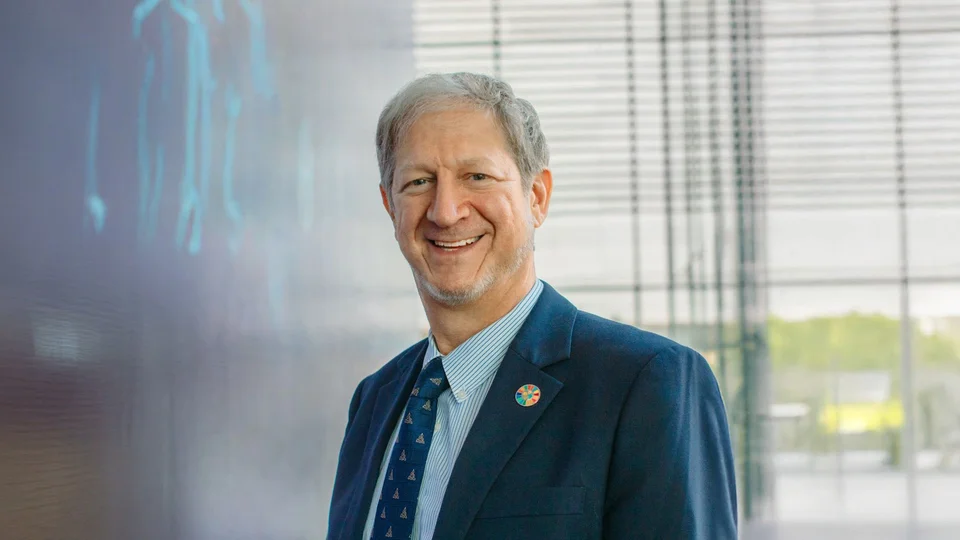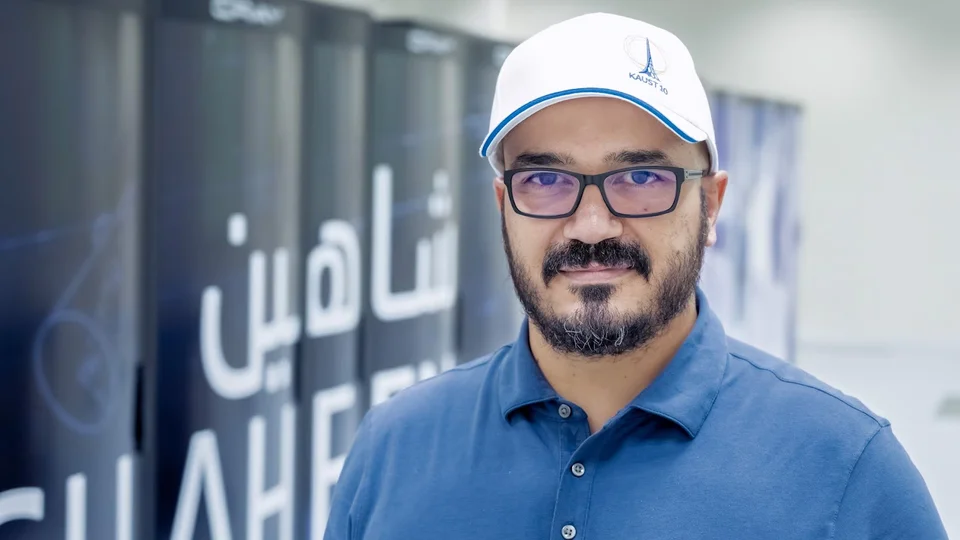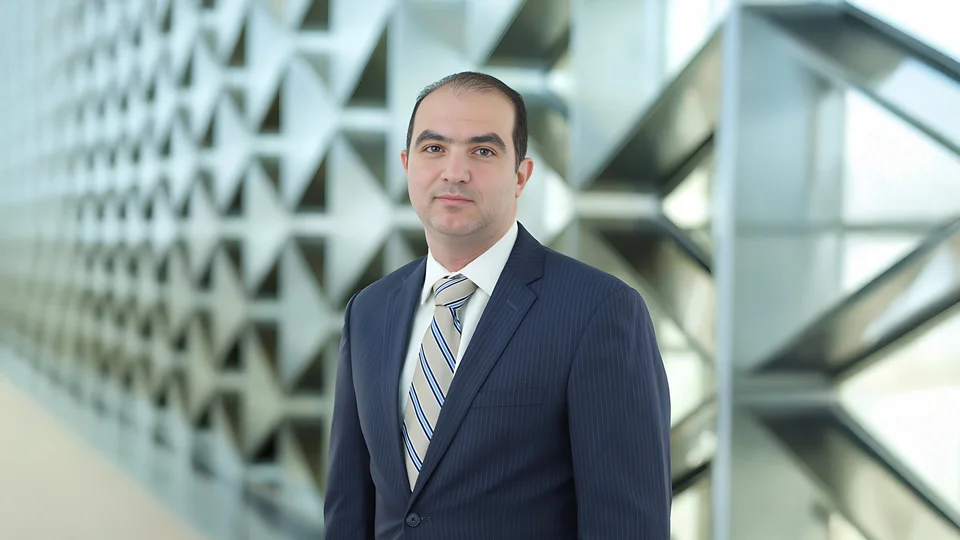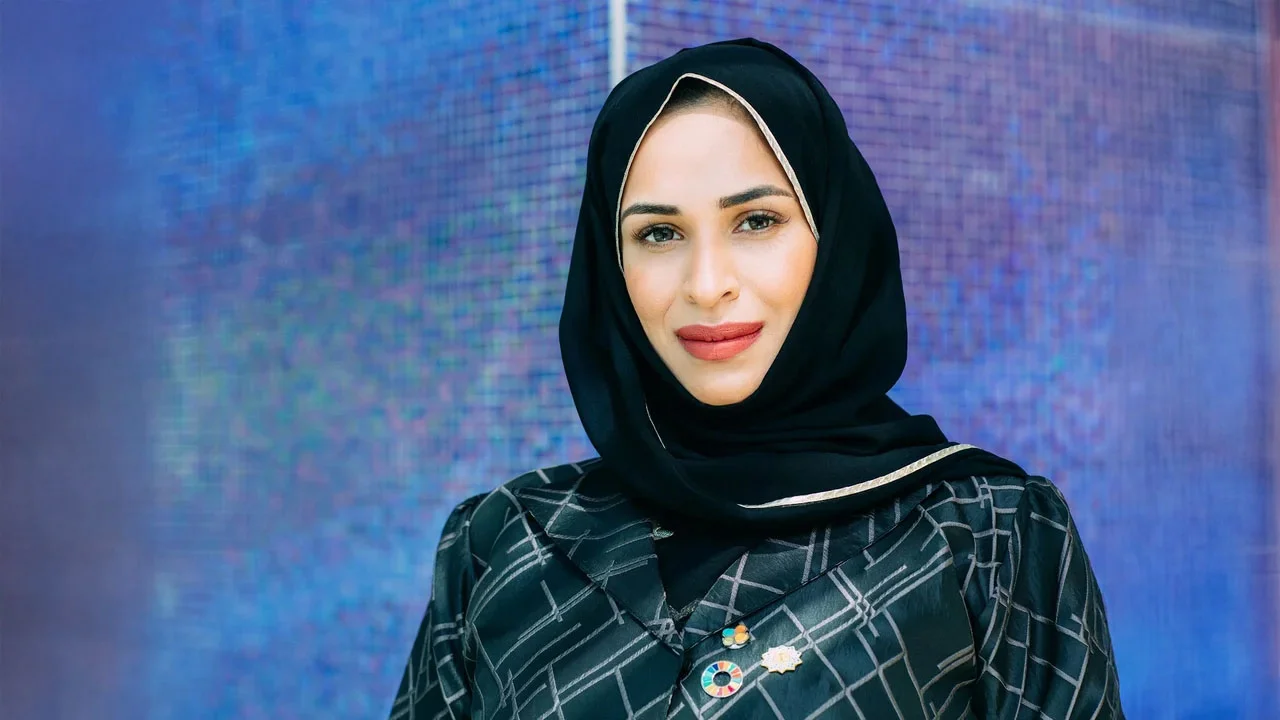
A predictive eye on the prize
Climate prediction models have had a mathematical makeover that has won attention from a computer science award.
About
A global weather prediction model built by KAUST researchers has been nominated for the Gordon Bell Prize for outstanding achievements in high-performance computing.
The award honors innovative computing in science, engineering and large-scale data analytics, which is used in environmental modeling. “Climate prediction models require the fastest computers in the world,” says Rabab Alomairy, a specialist in optimizing computer models for scientific applications. As part of her Ph.D. at KAUST, she joined a multidisciplinary team led by KAUST faculty David Keyes, which has built ExoGeoStat, a global weather prediction model powered by the world’s second fastest supercomputer, Fugaku, at RIKEN in Japan.
Before moving into environmental prediction models, Alomairy had worked in acoustic scattering, fluid dynamics and bioinformatics. Her role in this project was to scale up the underlying mathematical models of existing geostatistical models to make them compatible with both current and future supercomputers; Keyes provided invaluable support throughout. “He is an expert in applied mathematics who understands the needs of climate scientists,” says Alomairy. “He connected me with the right people, such as Hatem Ltaief – a specialist in high-performance algorithms who helped me build the linear algebra models – and Sameh Abdullah who built the statistical models.”
Alomairy was one of the few team members entrusted to run their code in Fugaku. “Each run on a supercomputer can cost tens of thousands of dollars in operational costs, facility staff time and electricity bills,” says Keyes, “so each run must be painstakingly prepared and monitored to avoid wasting a precious resource on a failed or irrelevant run.” The latest version of ExoGeoStat can process weather data from 10 million locations in 90 minutes, compared with 18 hours for previous models, and uses it to predict phenomena such as wind, temperature and rainfall.
For Alomairy, submitting the work to the Gordon Bell Prize was an achievement in itself. “Participating in the awards was originally just a dream, but KAUST is a highly motivational place, and people encouraged me to enter,” she says. “It felt like breaking the first barrier of something I thought was impossible, and when I heard we were finalists, I felt like I could challenge myself even further.”
It is the first time in 35 years of the prize that a spatial statistics model has made it to the final six, and Alomairy is determined to keep on improving the model. “This has proved that I can make it if I try, and winning does not seem impossible anymore,” she adds.
Keyes and Alomairy hope that the nomination will attract even more experts to help develop the model. “KAUST is recognized internationally as a leading university for computational science and engineering,” says Keyes. “Simulation and big data analytics are major sources of employment in countries prioritizing sustainability, and we hope that supercomputing apprenticeships like ours will be replicated worldwide.”
Awards aside, the team hope that ExoGeoStat can be used to identify suitable sites for renewable energy and smart agriculture systems, such as wind farms, solar farms and greenhouses, that will help Saudi Arabia address climate, energy and food challenges to meet Saudi Arabia’s Vision 2030 and its goal to achieve net zero by 2060.
The prize, which includes a $10,000 award, could open doors to a collaboration with the current fastest supercomputer, located at Oak Ridge Laboratory in Tennessee in the United States. “It feels like all of my hard work has led to this,” Alomairy says. “And of course, winning would be a beautiful way to finish my Ph.D.”
